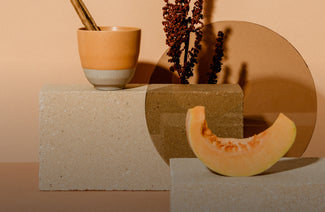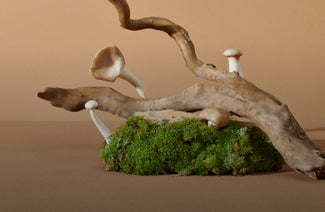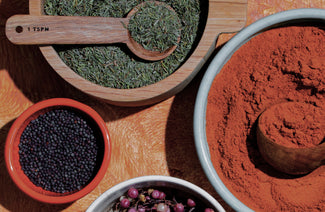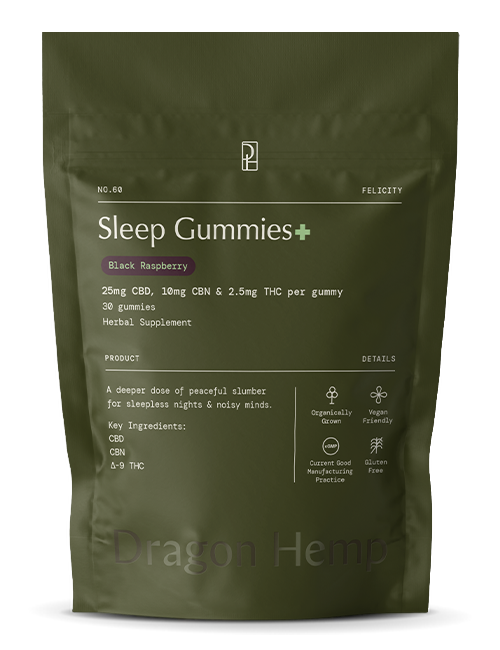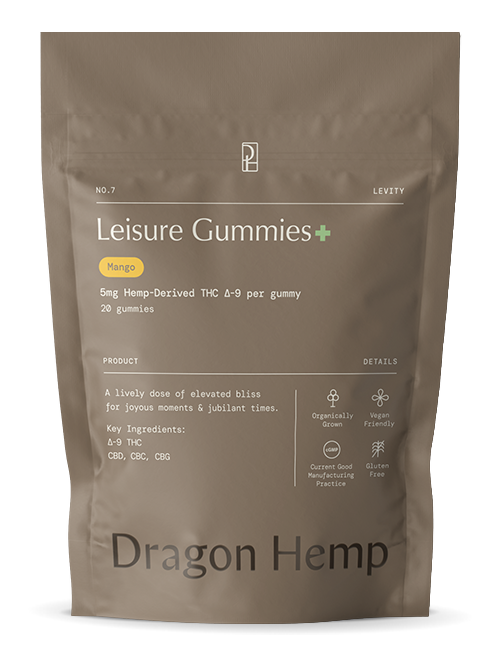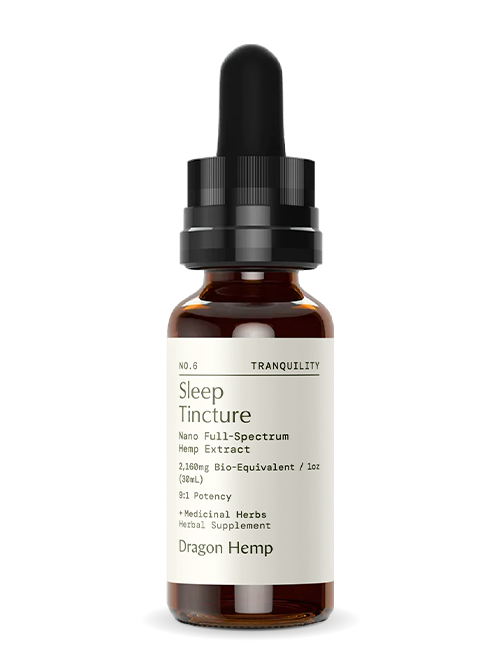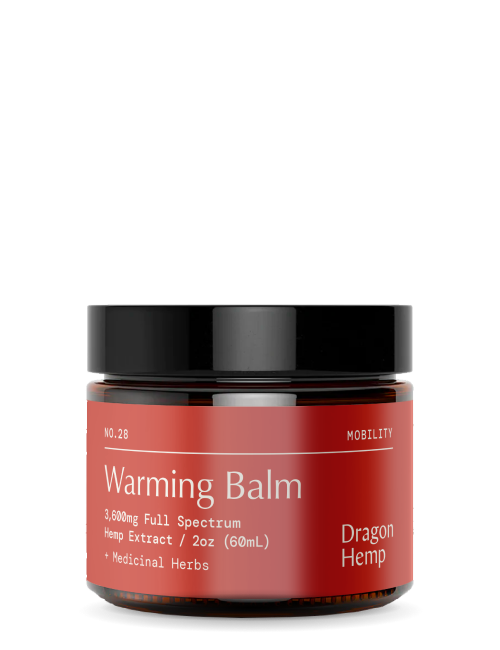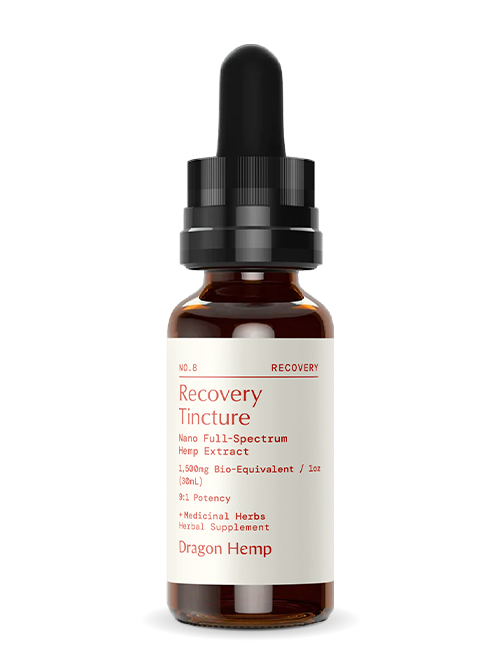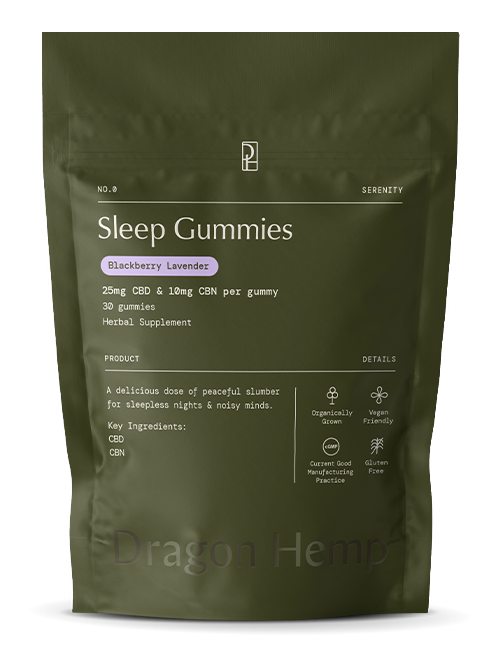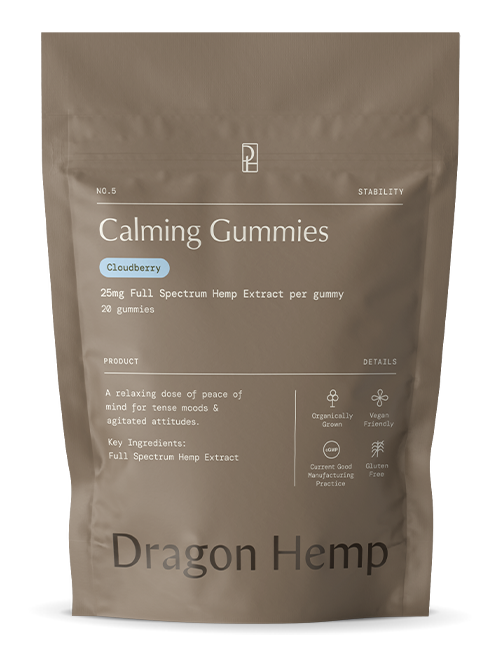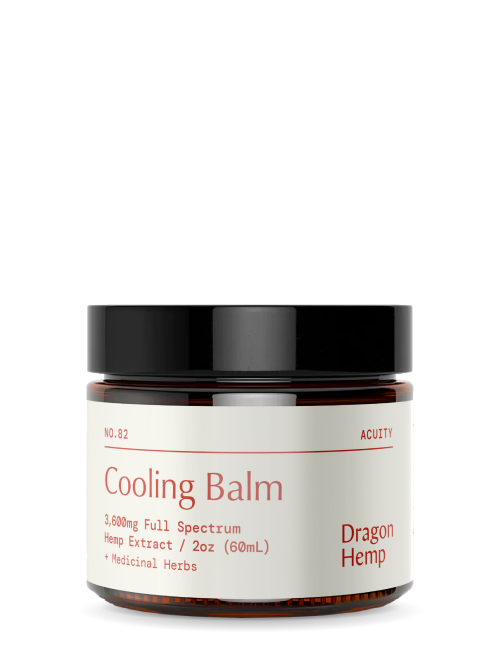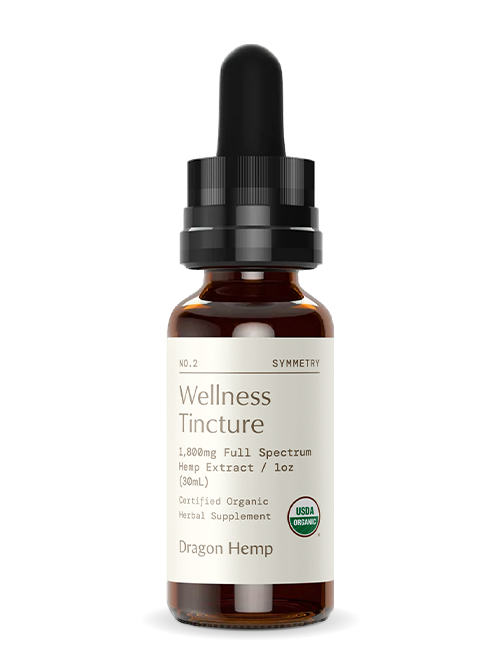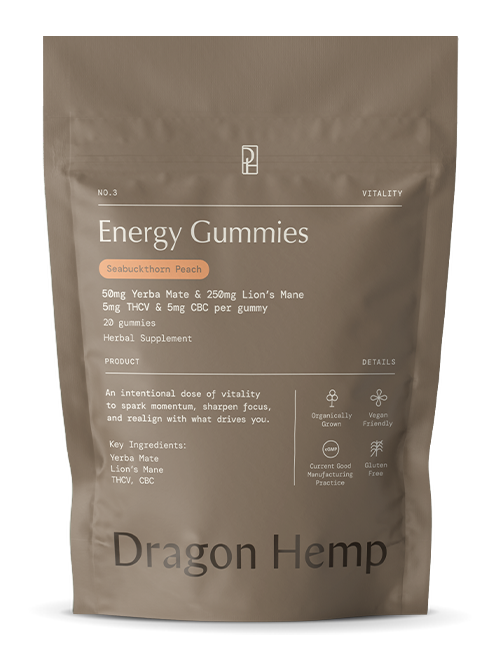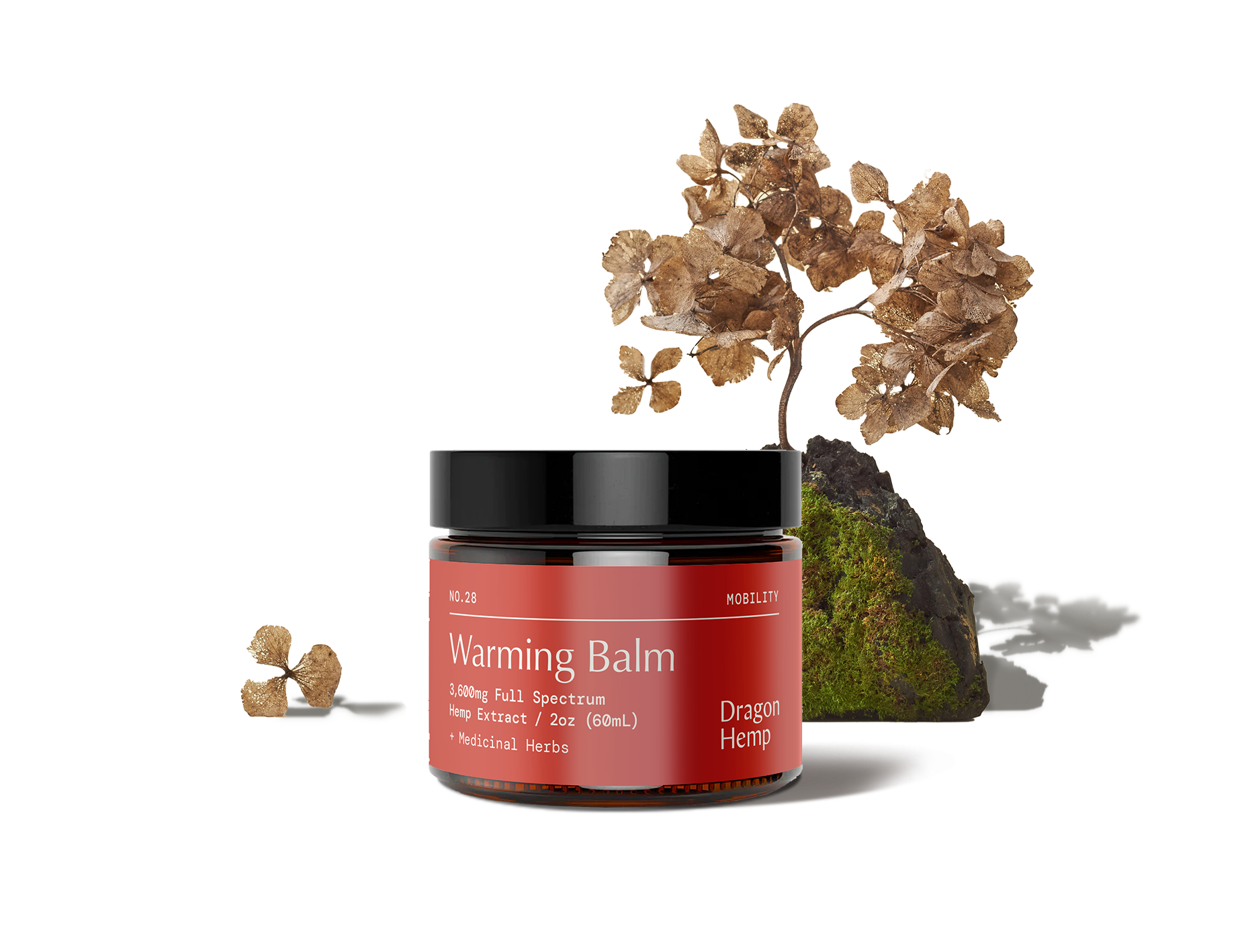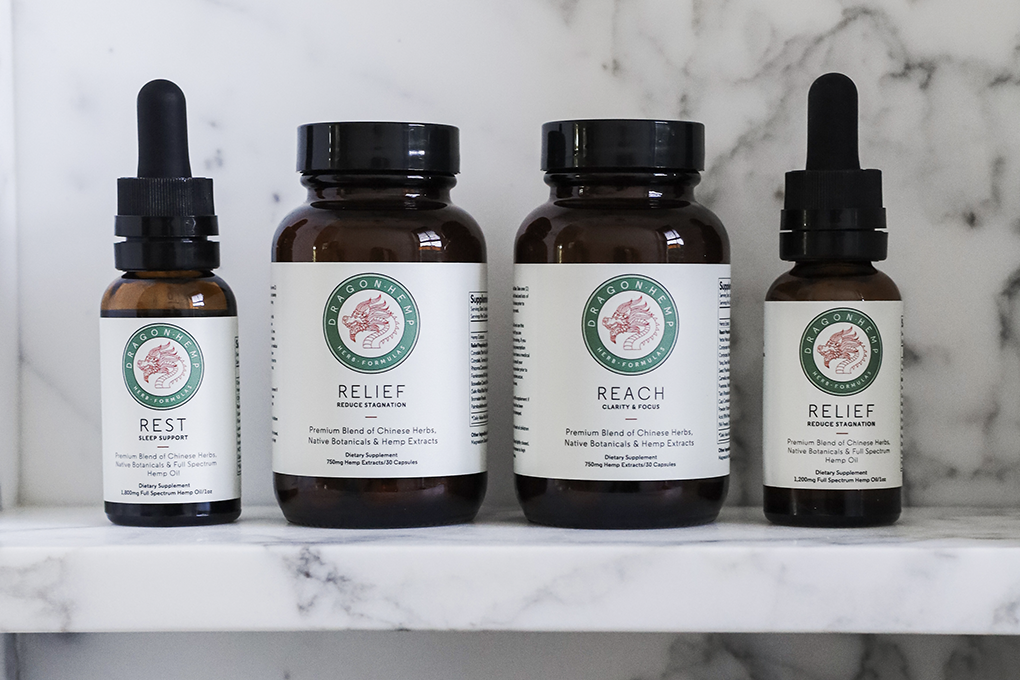
CBD and Medicinal Herbs: A Dynamic Duo
Let’s travel back in time, say, a few thousand years back, and imagine how people cured disease and illness. After a long day in the forest hunting, they likely incurred a few injuries that needed tending to. Obviously, there were no physicians or pharmacies then, so they turned to nature.
Indeed, ancient medicines were often natural substances extracted from plants and animals. These were sometimes mixed to make them more effective. Plants have been integral to traditional medical systems since time immemorial. Then, whether through happenstance or an innate intellect, people somehow identified plants that could soothe, prevent or cure certain ailments.
They went one better and figured out that mixing certain herbs enhanced their beneficial effects or mitigated the unwanted ones. And so, a common feature in ancient medical practices, whether Ayurveda, Kampo medicine, or traditional Chinese medicine (TCM), was herb mixing.
It is a practice that’s still present in modern-day herbalism. Furthermore, the discovery of novel natural compounds like cannabinoids with healing properties has made herb-mixing a valuable art. And with the legalization of hemp, the incorporation of medicinal herbs into cannabinoid supplements has become even more popular.
So, in this article, we examine the trendy combination of CBD and medicinal herbs. We explore the various herbs that mix well with CBD and highlight the health issues they can help address.
Key Takeaways
- CBD and medicinal herbs share a lot in common – they possess adaptogenic properties that may help the body handle stressors better.
- Both CBD and adaptogenic herbs can stimulate the HPA axis and mediate the body’s stress response mechanisms.
- Though generally well-tolerated and safe, CBD-medicinal herbal formulations should ideally be taken under the guidance of a certified herbalist.
- At-risk persons like pregnant women and lactating mothers should best keep off herbal supplements.
Benefits of CBD With Adaptogens
Before we discuss the benefits of CBD with adaptogens, let’s start with the basics – What is CBD? What is an adaptogen?
CBD, or cannabidiol, is a non-psychoactive cannabinoid in hemp (or cannabis). It is the second most abundant naturally occurring cannabinoid after tetrahydrocannabinol (THC). CBD’s popularity has grown in leaps and bounds in recent years thanks to an impressive entourage of health benefits.
Even though studies are ongoing to establish the extent of CBD’s pharmaceutical value, there is substantial evidence detailing its therapeutic potential on anxiety, stress, pain, inflammation, and seizures. In fact, a CBD-based drug called Epidiolex is FDA-approved for treating seizures caused by a rare form of epilepsy known as Dravet syndrome.
So, as cannabis research continues, there is reason to be optimistic about CBD’s potential benefits.
But cannabis is not the only medicinal plant around. Hundreds, probably thousands of plants ranging from towering Eucalyptus trees to small mushrooms have been shown to possess health-impacting substances. Plants (and mushrooms) that help the body maintain balance against stressors like fatigue and anxiety are called adaptogens. They can also help to boost your overall health and well-being.
Some of the most popular adaptogens include ginseng, ashwagandha, Schisandra, and turmeric, among many others. Like cannabis, adaptogenic plants have been used for ages to strengthen immunity and keep illness at bay.
CBD targets multiple receptors in the body, and some of its effects are adaptogenic. However, it is not the quintessential adaptogen because it is a molecule, not an extract. This goes against its classification as an adaptogen.
Now back to the issue of CBD and adaptogens, it does seem like combining these substances makes lots of sense. One reason for this is that they perform more or less similar functions. Both have the ability to help stabilize body homeostasis by mitigating the effects of stressors.
While it is still not quite clear how adaptogens work, researchers contend that they maintain body balance by regulating the hypothalamic-pituitary-adrenal (HPA) axis. This system modulates how the body responds to stress by, among other things, controlling immune function, mood, emotions, energy expenditure, and libido.
CBD reportedly does so by targeting numerous receptors within the endocannabinoid system (ECS) and beyond. The ECS is a little-known “master regulator” of bodily functions like mood, sleep, pain perception, stress, feeding, reproduction, etcetera.
It is a vast network of receptors, enzymes, and neurotransmitters (endocannabinoids) connected to the immune, endocrine, and nervous systems. These ‘systems’ can be affected by stress. Some adaptogens (e.g., maca) can also affect the central nervous system primarily by directly targeting functions that play a role in stress response.
And herein lies the clincher – scientists believe that the CB1 receptor may be involved in regulating the HPA axis. They argue that “the effects of endocannabinoids on the HPA axis are consistent with their neuromodulatory action on brain neurotransmitter systems.” Granted, CBD has a low affinity for the CB1 receptor but, in some instances, has been shown to act as an inverse agonist at these receptors.
Also, there is evidence that CBD could regulate HPA activity by interacting with the 5-HTR1A receptors, thereby alleviating the effects of acute stress.
So, it appears there could be “something” that links cannabinoids, the HPA, and adaptogens!
In their unique ways, adaptogens can potentially reduce stress levels. But when combined with other adaptogenic compounds like CBD, their stress-busting powers increase significantly. Indeed, the anti-anxiety and anti-inflammatory properties of CBD pairs seamlessly with the immune-boosting and stress-reducing qualities of adaptogenic herbs.
So, it is reasonably possible that mixing CBD with adaptogenic herbs may enable you to derive more health benefits.
The art of combining herbs now appears to be well-established, having been refined over thousands of years. A well-crafted formula of CBD and medicinal herbs considers various facets of each entity, always aiming to balance their multiple actions.
Moreover, a modern understanding of plant phytochemicals paves the way for developing unique formulas that actualize the synergy between CBD and other botanicals. Most of these formulations are designed to deliver all-encompassing wellness by amplifying the individual benefits of each compound.
But perhaps the biggest benefit of CBD and adaptogens comes down to the science behind it. Companies like Dragon Hemp develop formulas backed by traditional practices and modern scientific studies. This ensures their products are safe and effective when taken at the recommended doses.
Here are some combinations of CBD and adaptogenic herbs that are pretty promising.
Lavender & CBD for Rest
As far as popularity goes, lavender is one of the most well-known. With a history dating back as far as 2500 BC, lavender is not all about its sweet floral scent. In ancient times, this herb was considered a holy herb. Today, it is known for its potential therapeutic benefits, such as
- Improving sleep
- Treating skin conditions
- Reducing blood pressure
- Relieving asthma
- Combating fungal growth
- Stress relief
This is why we combine lavender, Schisandra fruit, linden flower, passionflower, and other Chinese herbs with premium full-spectrum CBD in our REST sleep support tincture. With this many adaptogens, this tincture is adequately furnished with calming ingredients to help soothe the mind and restore homeostasis.
So, if you struggle to fall asleep because your mind is unsettled, REST is formulated to help you shift effortlessly into slumberland, waking up refreshed and rejuvenated.
CBD & Yerba Mate for Focus
Another adaptogen that you may not have heard about is yerba mate. Its extract, which contains caffeine and other stimulants, is derived from the leaves of the Ilex paraguariensis plant.
As you well know, caffeine is popularly used to stimulate the brain, muscles on blood vessels, the heart, and other organs. For this reason, yerba mate supplements are popular among athletes thanks to their ability to enhance physical performance, thinking, and memory.
By the way, if you watched the 2022 World Cup, you might have caught a glimpse of Messi & Co. drinking something greenish. It was yerba mate! It’s reported the Argentines brought 1,100 lbs. of mate to keep the team in tip-top condition.
So, there you have it. If your energy and focus levels are low, leaving you wondering how you’ll go through the day, we’ve got you covered. Our Reach (Energy + Focus capsules) are formulated to boost mental clarity, focus, and energy. How? With premium CBD blended with yerba mate, American ginseng, cordyceps, and guarana seeds that promote blood flow, elevate mood and stimulate the brain.
CBD and Turmeric for Relief
Good old turmeric is a spice that’s synonymous with Indian cuisine. But this herb has a long history in Ayurvedic medicine for its touted ability to treat pain and fatigue. Turmeric is undoubtedly a “superfood” viewed by many as a modern-day natural medicine.
The health benefits of turmeric are attributed to a compound called curcumin, though the spice potentially has over 100 compounds.
Here are some possible ways turmeric could benefit your health:
- Reduce anxiety
- Ease arthritis pain
- Help manage diabetes
- Prevent tumor growth
- Promote skin health
While more research is needed to confirm these claims, turmeric’s long stay in traditional medicine suggests it does have adaptogenic properties. This is why our Relief recovery capsules are formulated with a blend of CBD and healing herbals like corydalis, myrrh, frankincense, and turmeric. These capsules are designed to promote blood flow, eliminate blood stasis, reduce inflammation, and support healing.
So, if pain and inflammation threaten to put you down, these capsules may offer much-desired relief!
How to Use CBD and Immunity Supporting Herbs
While herbals can help boost immunity and improve health, there are a few points to ponder.
For starters, experts insist on the “Start slow and low” mantra to avoid unwanted side effects. Granted, most herbs do not have side effects, but people respond differently to new substances, so err on the side of caution.
Taking lower doses gives you time to assess how your body responds to the herbal extracts. Should there be adverse effects, they are likely to be mild due to the low dose. Even after experiencing zero side effects, we still insist you increase the dosage slowly over time.
Often we recommend upping the dose by a similar amount after one week. This way, you give the herbs more time to affect their benefits. Unlike conventional medicines, herbals don’t work immediately, so patience is definitely a requirement here.
Of course, some herbs are more potent than others and can exert noticeable physical effects. As such, they are not recommended for persons with pre-existing health conditions that may worsen. Pregnant women and lactating mothers are also advised to keep off CBD + Chinese herb supplements as their potential effects on the unborn or breastfeeding baby have not been studied.
Generally, CBD supplements come in different forms. Our CBD + medicinal herbs products are available as tinctures or edibles. Here is how to use them.
Tinctures
We recommend taking tinctures sublingually to enhance maximum absorption and, therefore, better results. For example, our REST sleep support tincture comes with a dropper to facilitate easy use. Just place the required dosage under the tongue, wait for a minute, then swallow.
We recommend doing this 30 minutes before going to bed. This gives you enough time to prep yourself and be ready when the effects kick in.
Edibles
Our edibles are available as capsules. Naturally, these are taken orally with food and plenty of water. With our Relief capsules, the recommended dose is one capsule three times a day. As for the Reach capsules, we recommend taking them 30 minutes to an hour before work, exercise, or other activities. Morning hours are ideal to avoid affecting your sleep.
Feel like yourself again.
Peruse our collection of plant-based therapeutics blending time-honored herbal remedies with next-generation cannabinoid extracts.

